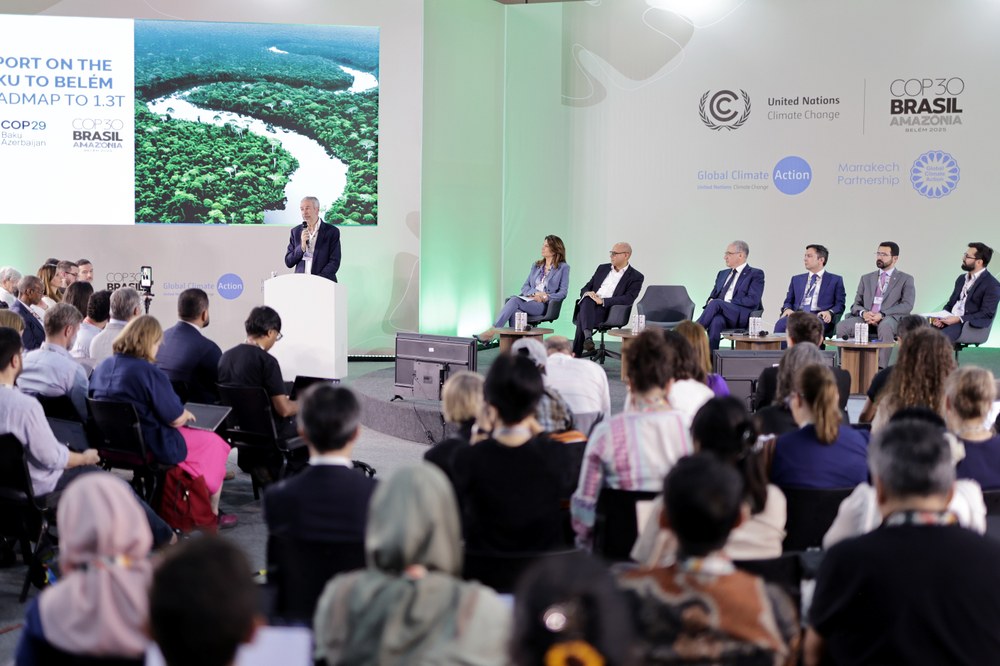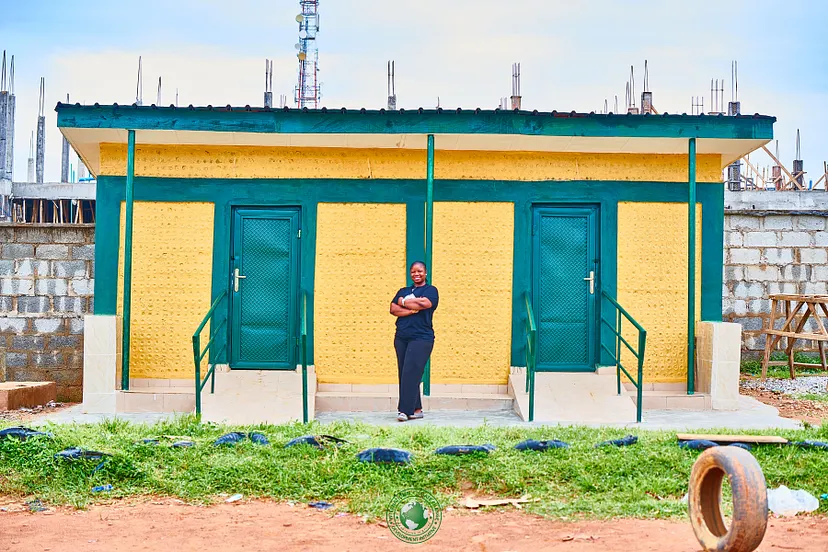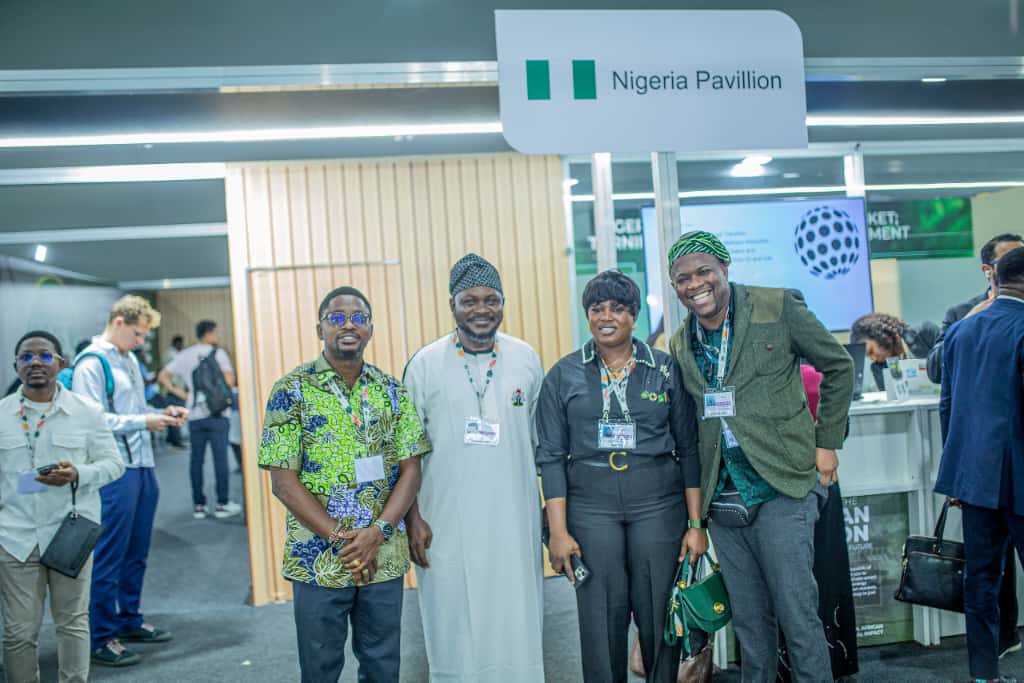The ambitious goal of mobilising USD 1.3 trillion in climate finance for developing countries by 2035 received significant international support at the first meeting dedicated to the implementation of the Baku to Belém Roadmap.
Held at the ongoing COP 30 in Belem on Saturday, the meeting saw a consensus among nations and institutions that political will and cooperation are essential to putting the landmark financial plan into action.
The session gathered representatives from a wide spectrum of stakeholders, including developed and developing countries, multilateral development banks (MDBs), private investors, financial institutions, and civil society organizations.
The core of the discussion focused on refining and advancing the Roadmap a document prepared jointly by the COP30 (Brazil/Belém) and COP29 (Azerbaijan/Baku) Presidencies which outlines the pathways to secure the massive financial commitment.
COP30 President, Ambassador André Corrêa do Lago, expressed palpable optimism about the way forward.
“We will continue working to make the USD 1.3 trillion a reality,” he stated, underscoring the commitment of the Brazilian Presidency to drive the finance agenda.
He also noted the extensive consultative process behind the document, revealing that over 200 contributions were received from governments, the financial sector, academia, and civil society, including the crucial report from the COP30 Circle of Finance Ministers, led by Brazil’s Minister of Finance, Fernando Haddad.
The key message from the COP30 leadership was not about creating new money, but about improving the existing financial architecture.
Ana Toni, COP30 CEO, stressed that the financial resources needed to implement climate action are already available globally.
“What we lack is the ability to redirect these resources at the scale and speed required to tackle the climate crisis,” Toni asserted.
“The purpose of the Roadmap is clear: to build, through cooperation, a functional system for climate finance. It is not necessarily about creating new instruments, but about creating better finance finance that is predictable, accessible, available, and fair.”
Toni highlighted a positive global momentum for reform, pointing to the emergence of significant initiatives like the Bridgetown Initiative, 4P (Partnership for People and Planet), Finance in Common, the African Climate Summit, the G20 TF-CLIMA, and the COP30 Circle of Finance Ministers as evidence of a political movement to accelerate the response to climate change and overhaul outdated international financial structures.
From Ideas to Results: The Cost of Inaction
The urgency of the situation was amplified by Simon Stiell, Executive Secretary of the United Nations Framework Convention on Climate Change (UNFCCC).
While calling the USD 1.3 trillion target “ambitious but achievable,” he underscored the real-world cost of delay by referencing the recent devastation caused by Hurricane Melissa in Central America.
“Every cent invested in prevention saves money in the future. Progress in climate investments is not happening fast enough. We need to move from ideas to results,” Stiell warned, challenging participants to accelerate their pace.
Luiz de Andrade Filho, who leads finance issues under the COP30 Presidency, confirmed that there is a strong sense of goodwill among the Parties to the Paris Agreement to collaborate on the implementation phase of the Roadmap.
This was echoed by Elmaddin Mehdiyev, representing the COP29 Presidency, who indicated that the immediate next steps for the Roadmap will involve detailing actionable items to operationalize the proposed measures.
The meeting drew formal participation and expressions of support from diverse government representatives, including France, Japan, Kenya, Norway, China, Canada, the United Kingdom, and the European Union, demonstrating broad global buy-in for the pivotal climate finance plan.
The successful implementation of the Roadmap is viewed as essential for developing nations, including those in Africa, to adapt to climate change and transition to sustainable development pathways.
By Dare Akogun





